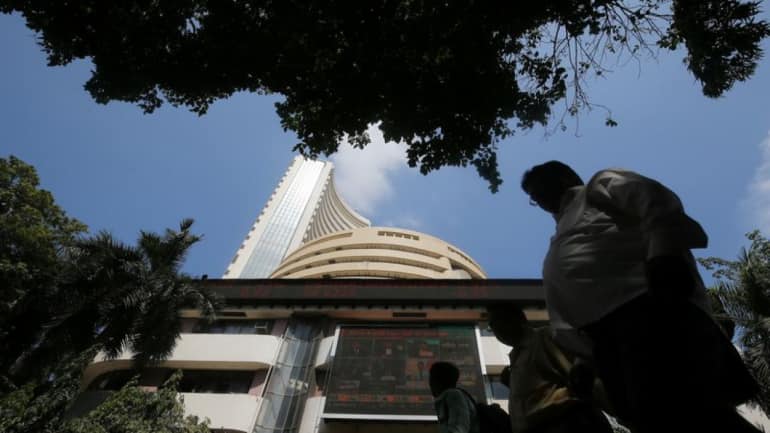Fear index for stock market hits over one-year low as investor confidence builds up

Dalal Street
An indicator that is often seen as a measure of the amount of fear in the stock market hit its lowest level in more than 14 months earlier this week, hinting at a rise in confidence among investors for positive returns over the coming months.
The India VIX index, maintained by the National Stock Exchange, hit a 14-month low of 12.55 points on November 14, the lowest level since September 21, data available on NSE showed. The index is calculated by looking at the movement in the prices of options contracts of the Nifty 50 index.
The index measures the expected market volatility over the next 30 calendar days, according to the NSE.
The volatility gauge has fallen 83 percent from the record high of 86.63 touched on March 24, 2020, which also marked the bottom for the Covid-19 linked crash in the global stock markets. The India VIX index is down 12 percent after falling 22 percent this year.
The index has declined below the 15 points in recent history had tended to be an omen for sharp drawdowns in equity markets in the subsequent months. In 2021, the volatility gauge fell below 15 in June and started to inch above that level from October just as the Covid-19 rally peaked.
Between October and June 2022, the benchmark equity indices plummeted more than 15 percent and almost threatened to enter the bear market territory. The broader market indices weren’t as lucky as the Nifty Midcap 100 and Nifty Smallcap 100 indices plunged more than 25 percent from their record highs.
“There is complacency creeping into investors that this market will not see a deep crack going ahead,” said an India-based hedge fund manager.
Similarly, the volatility index was trading below 15 throughout February 2020 amid confidence in global markets that damage from Covid-19 infection will largely be limited to China.
As the pandemic spread to other parts of the world in March 2020, domestic benchmark indices nosedived 30 percent from their record highs in February 2020 on fears of impending lockdown in India.
Prior to the pandemic, too, the rapid decline in volatility index tended to show that investors were buying less and less put options in the derivatives market because of lack of fear of precipitous fall in the market.
As India heads in to 2023, investors are counting on better-than-the-rest economic growth in India to help its domestic market to outperform the likes of China, the US and Europe.
“We are most bullish versus consensus in Asia Pacific excluding Japan, particularly the ASEAN markets and India,” said Fidelity International in a note.
While much has made of India’s outperformance to global peers, both economically and equity returns wise, some sceptics have started to appear on the horizon warning against rich valuations and evidence of earnings growth slowdown.
“In our view, the market is ignoring certain challenges to India’s medium-term growth story,” Sanjeev Prasad, Anindya Bhowmick and Sunita Baldawa of Kotak Equities said in a note on November 16.
Kotak Equities is worried that India’s high current account and fiscal deficit mattered less when global interest rates were low, they will matter more now, given the high cost of borrowing. Further, the brokerage firm is concerned that weaker-than-expected economic recovery and higher-than-expected domestic interest rates will constrain any earnings growth going ahead.
“All is (not that) well,” Prasad et al said.
Disclaimer: The views and investment tips expressed by experts on Moneycontrol.com are their own and not those of the website or its management. Moneycontrol.com advises users to check with certified experts before taking any investment decisions.









